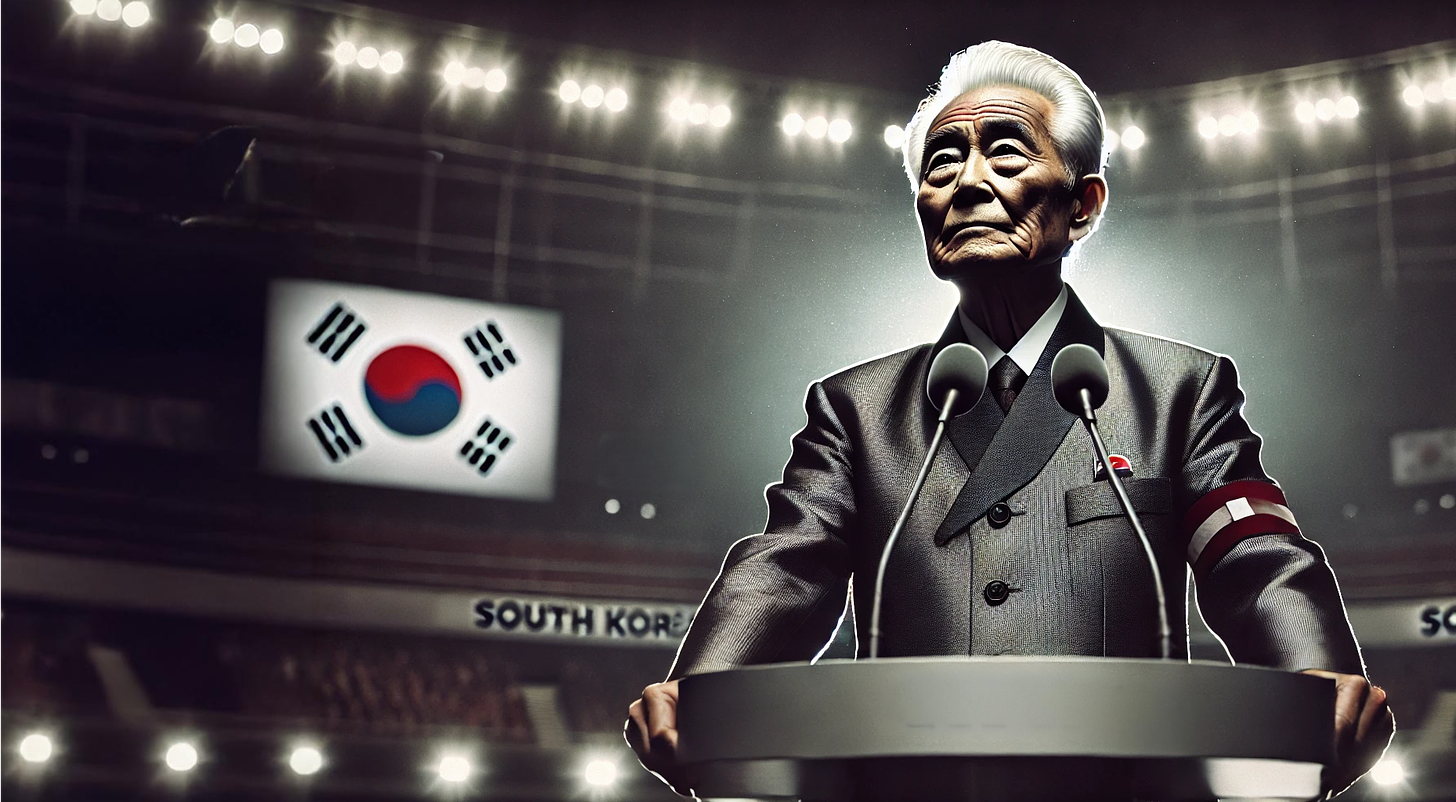Analysis: Trump as a catalyst for nationalist populism in South Korea
Trump's rhetoric highlights America's self-interest at the expense of allies and will stir latent nationalism in South Korea.
Event or Trend: Donald Trump's rhetoric and foreign policy actions often highlight America's self-interest at the expense of traditional allies. In South Korea, his transactional approach, including demands for increased defense cost-sharing and ambivalence towards longstanding alliances, has stirred public debates over national sovereignty and anti-Americanism.
Significance: As one of the United States' most critical allies in Asia, South Korea's political and public sentiment towards the U.S. significantly impacts regional stability, defense strategy, and trade. While anti-American sentiment has always simmered under the surface in South Korea, Trump's actions have reinvigorated nationalist narratives.
This shift is critical for policymakers because it may reshape South Korea’s domestic politics and foreign policy, potentially weakening the U.S.-South Korea alliance and strengthening China’s regional influence. Understanding this dynamic is essential for anticipating changes in Northeast Asia’s geopolitical landscape, trade policies, and defense strategies.
Analysis: South Korea’s alliance with the U.S. was forged during the Cold War and solidified through decades of economic and security cooperation. Despite public opinion currently supporting the alliance, periodic incidents, such as the 2002 accidental killing of two Korean schoolgirls by U.S. forces on a training exercise, have at times fueled anti-American protests. Donald Trump's first term amplified this underlying tension through demands for disproportionate increases in South Korea’s financial contributions to hosting U.S. troops, public criticism of South Korea's trade policies, and sporadic downplaying of North Korean threats.
Trump's behavior catalyzed anti-American sentiment by portraying South Korea as a subordinate partner rather than a strategic ally. His rhetoric aligns with populist political narratives in South Korea that critique foreign dependency and advocate for a more independent national identity.
Populist politicians will exploit this sentiment to gain electoral traction, pushing policies that challenge U.S. military presence or economic influence.
In security terms, anti-American sentiment could strain military coordination. Public resistance to U.S. military bases, already visible in protests over environmental concerns and land use, may escalate, forcing policymakers to reconsider troop deployments. Furthermore, this sentiment may embolden calls to pursue independent defense capabilities, including nuclear weapons—a controversial topic that has gained traction in political discourse.
Economically, populist policies rooted in nationalism could prioritize local industries over foreign investment, undermining U.S.-South Korea trade agreements. South Korea faces the challenge of securing access to the American market under Trump and maintaining its trade with China. A misstep by either China or the U.S. could alter the direction that South Korea ultimately leans.
While Trump's rhetoric is a significant driver, rising nationalism may also stem from broader trends, such as South Korea’s growing confidence as a middle power and public fatigue with long-standing security dependencies. Diplomatic relationships might also pivot, with leaders seeking to balance U.S. and Chinese influence, thereby weakening the alliance’s cohesion.
Domestic political scandals and generational shifts could further amplify nationalist voices.
Diplomats should monitor indicators like the rhetoric of populist politicians, changes in defense budget allocations, or growing public discourse on "self-reliance." Other indicators include:
Reduced trust and cooperation in defense negotiations with the U.S.
Increased public protests against U.S. military bases.
Rising calls for South Korea’s nuclear armament.
Trade tensions and potential renegotiation of agreements like KORUS FTA.
A surge in policy proposals advocating reduced U.S. military presence or a pivot in trade policy towards China could signal a major strategic shift.
Outlook: In the short term, South Korea is likely to experience heightened political debate over defense cost-sharing agreements, with populist politicians leveraging this issue to gain public support. Over the next one to five years, nationalist leaders could gain prominence in the legislature, driving shifts in foreign policy and potentially advocating for a reduced U.S. military presence. In the longer term, the U.S.-South Korea alliance may undergo significant restructuring as South Korea pursues more independent defense strategies and seeks greater alignment with regional powers like China. This evolution could fundamentally alter the balance of power in Northeast Asia.



